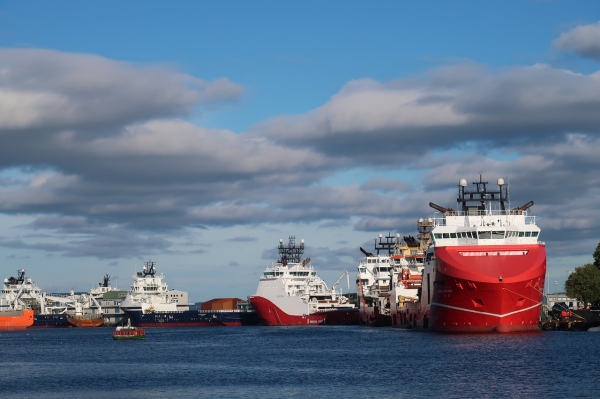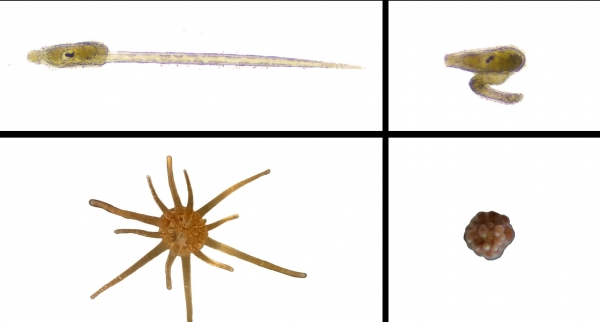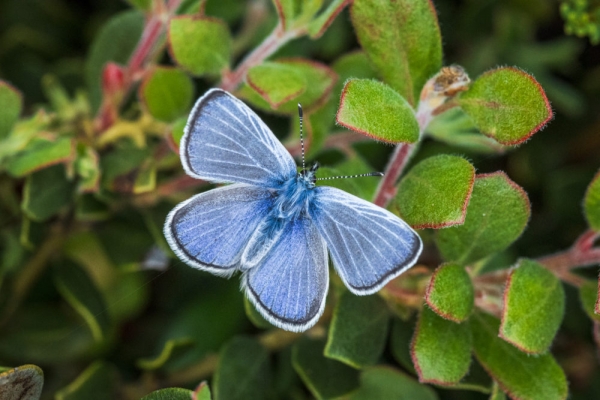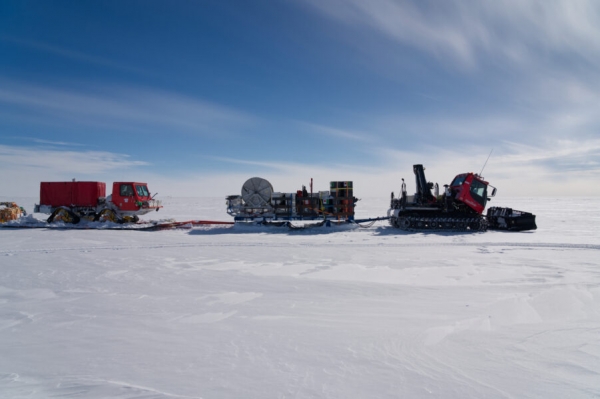International shipping does not want to be a climate bad guy and is aiming to be emission-free by 2050.
articles
Switch to Green Wastewater Infrastructure Could Reduce Emissions, Provide Huge Savings
University researchers have shown that a transition to green wastewater-treatment approaches in the U.S. that leverages the potential of carbon-financing could save a staggering $15.6 billion and just under 30 million tonnes of CO2-equivalent emissions over 40 years.
Microplastics, Algal Blooms, Seafood Safety are Public Health Concerns Addressed by New Oceans and Human Health Centers
To address plastics and other problems that could affect human health, NIH and the U.S. National Science Foundation (NSF) are jointly funding four new Centers for Oceans and Human Health and renewing two centers as part of a marine-related health research program.
Plastic Pollution can Kill Variety of Ocean Embryos
High levels of plastic pollution can kill the embryos of a wide range of ocean animals, new research shows.
Where the Xerces Blue Butterfly Was Lost, Its Closest Relative Is Filling the Gap
More than 80 years after the iconic Xerces Blue butterfly vanished from San Francisco, researchers have analyzed century-old specimens of the butterfly to track down its closest living relative, the Silvery Blue. Last week, they released a handful of Silvery Blues on the western edge of the city, where Xerces Blues once thrived.
New Insights into the Bed Beneath Remote Antarctic Glacier
Scientists have discovered a landscape of rocky hills and smooth plains beneath the remote Thwaites Glacier in West Antarctica.









